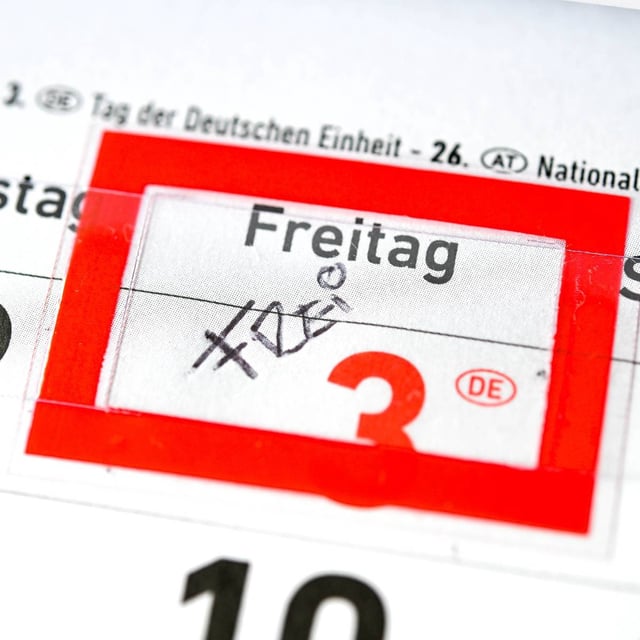Overview
- Business leaders in North Rhine-Westphalia advocate for eliminating a public holiday, citing potential nationwide economic gains of up to €8.6 billion.
- The proposal is driven by concerns over Germany's aging workforce and declining labor pool, which threaten economic stability and the social welfare system.
- Churches, labor unions, and regional leaders strongly oppose the measure, arguing it undermines cultural and worker rights.
- Critics label the proposal as insufficient to address broader structural challenges, including Germany's low average hours worked per employee among industrialized nations.
- Denmark's recent decision to abolish a public holiday is frequently referenced, though its applicability to Germany's unique context is debated.


